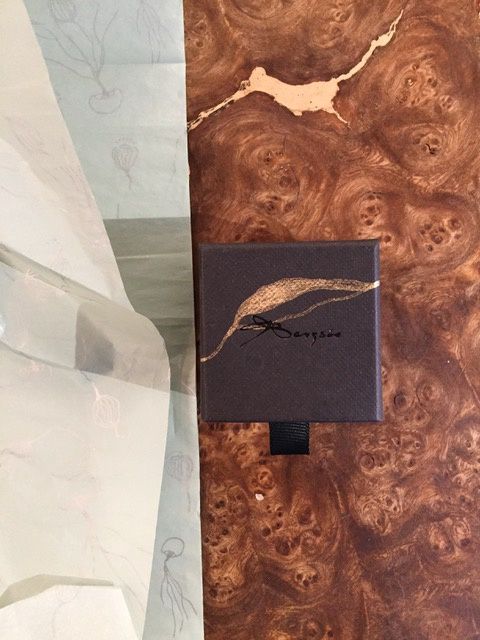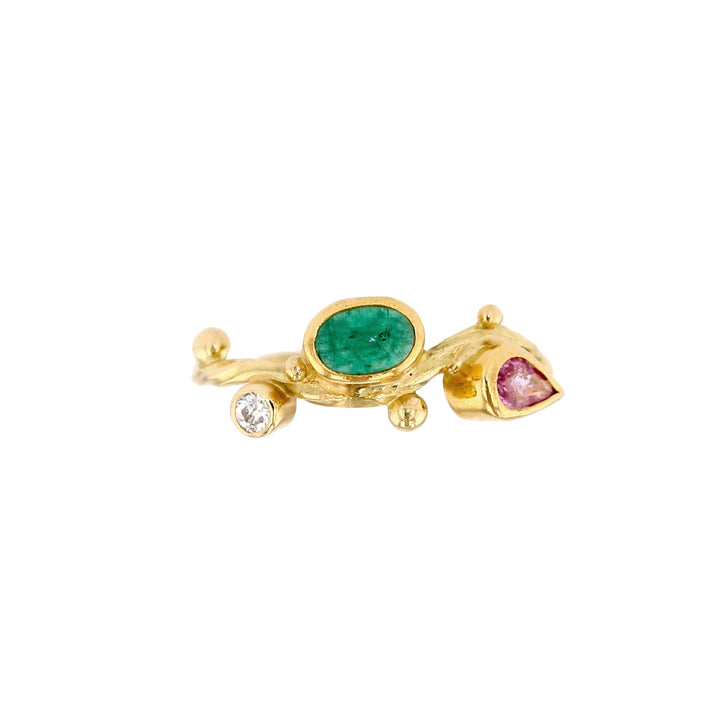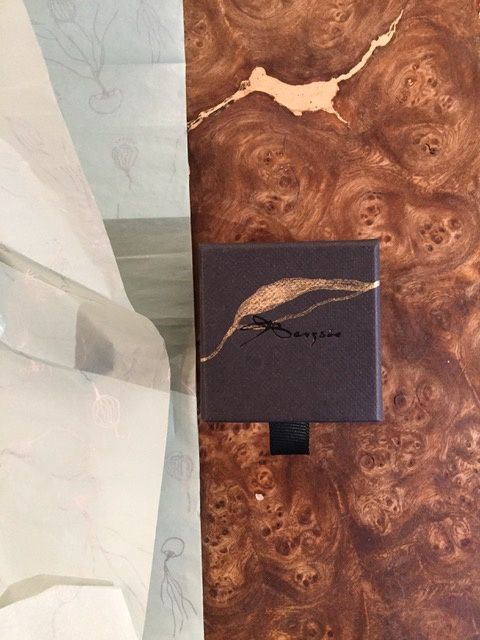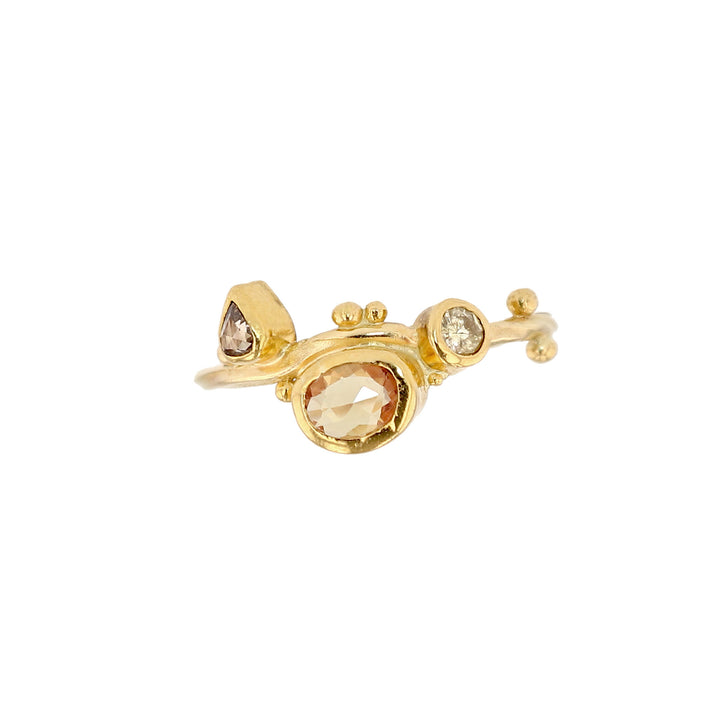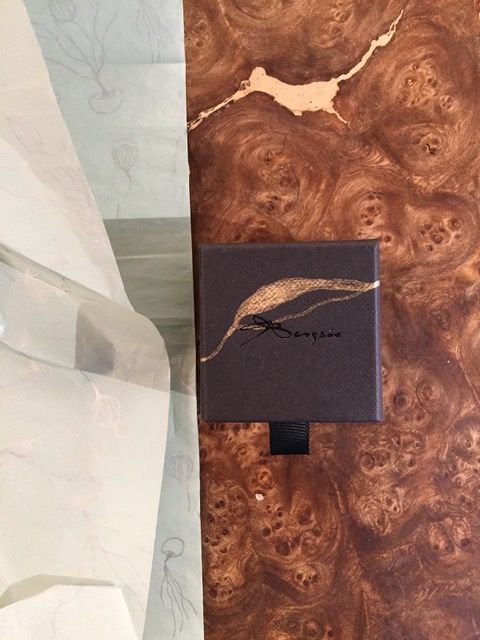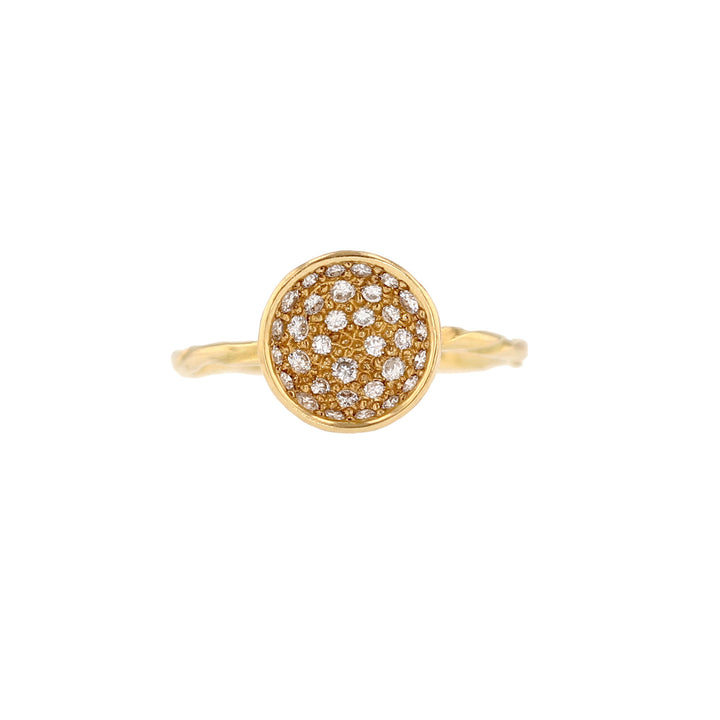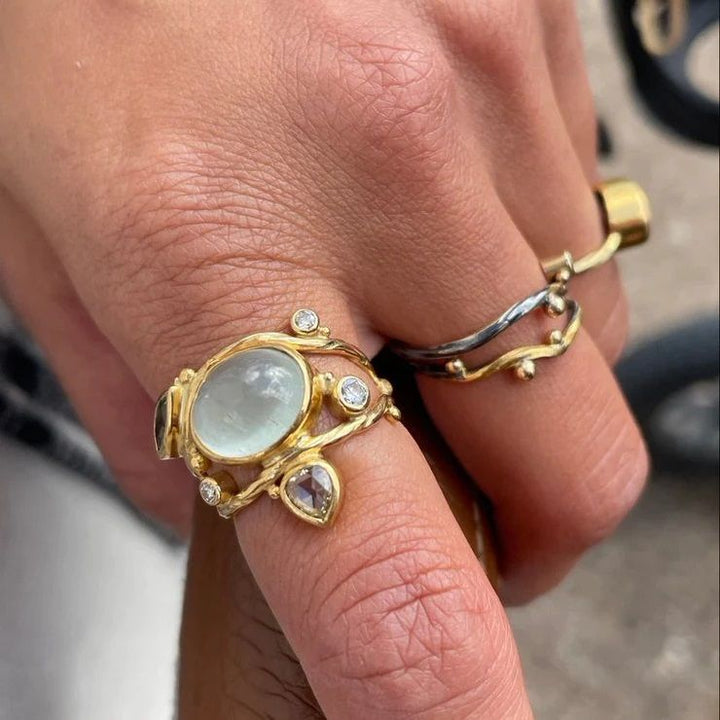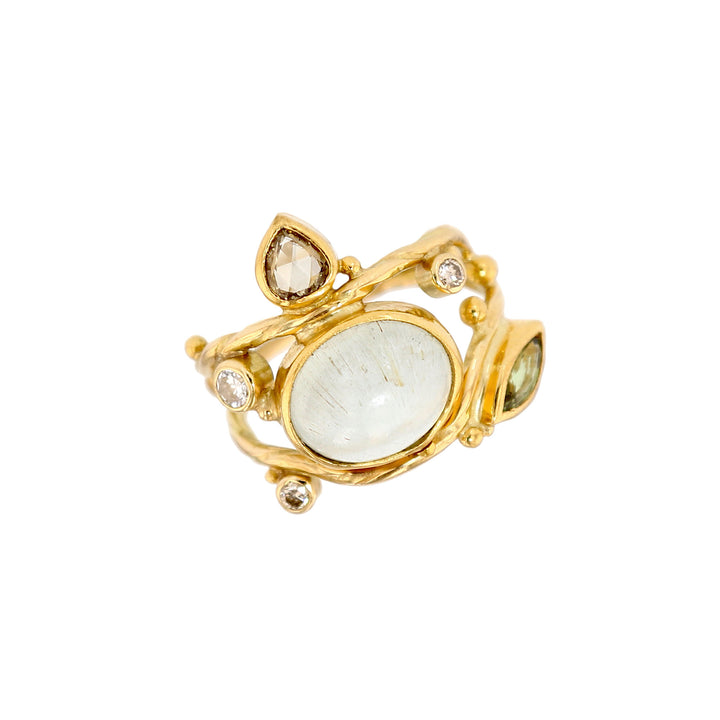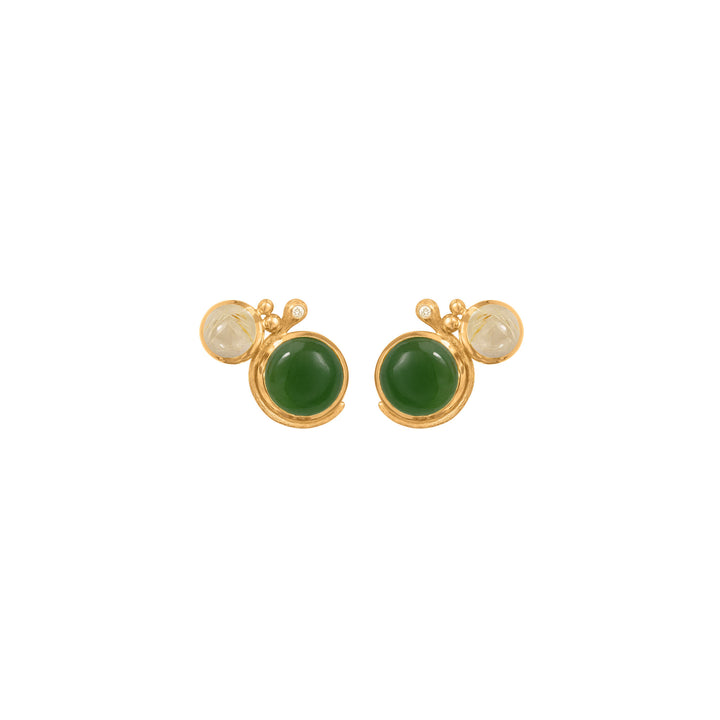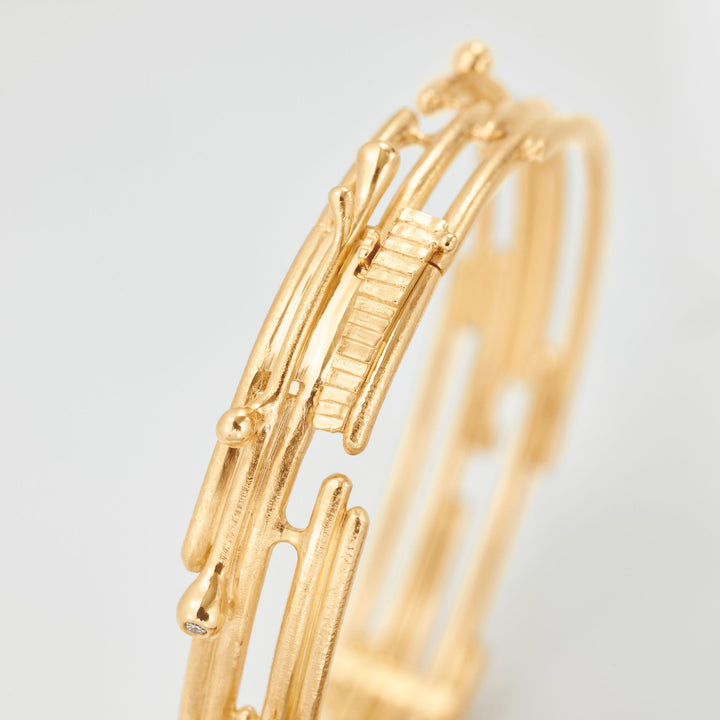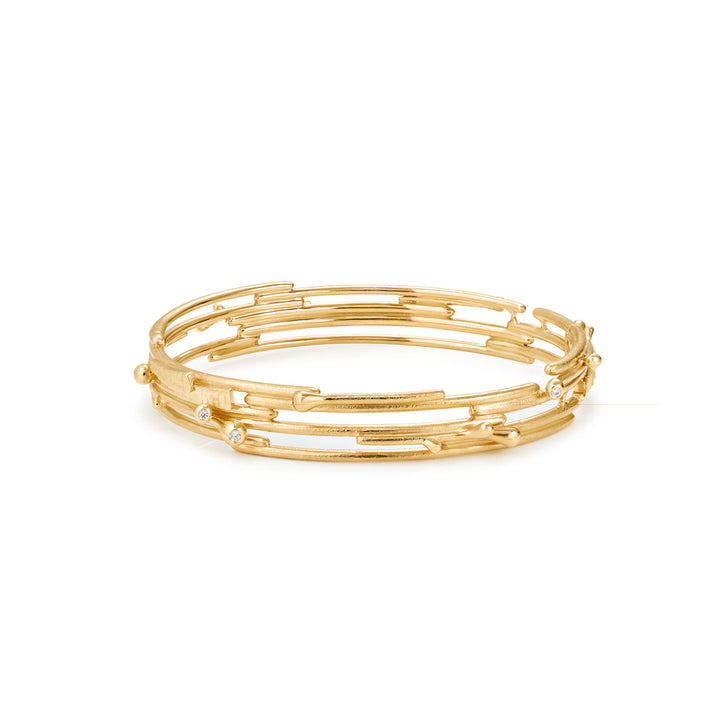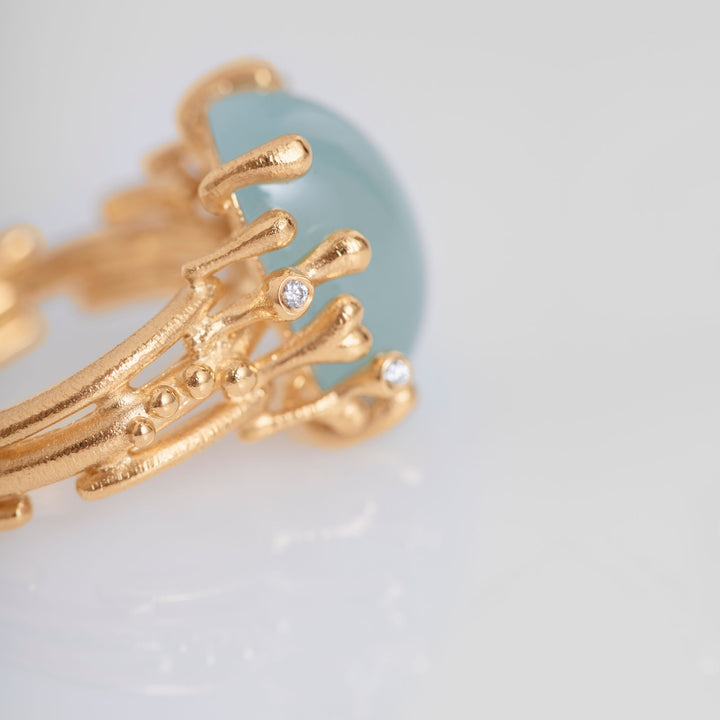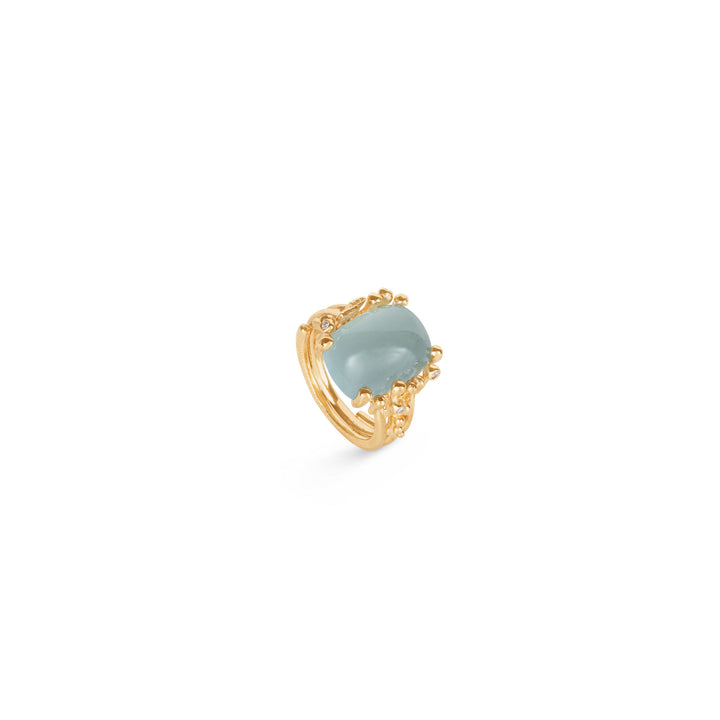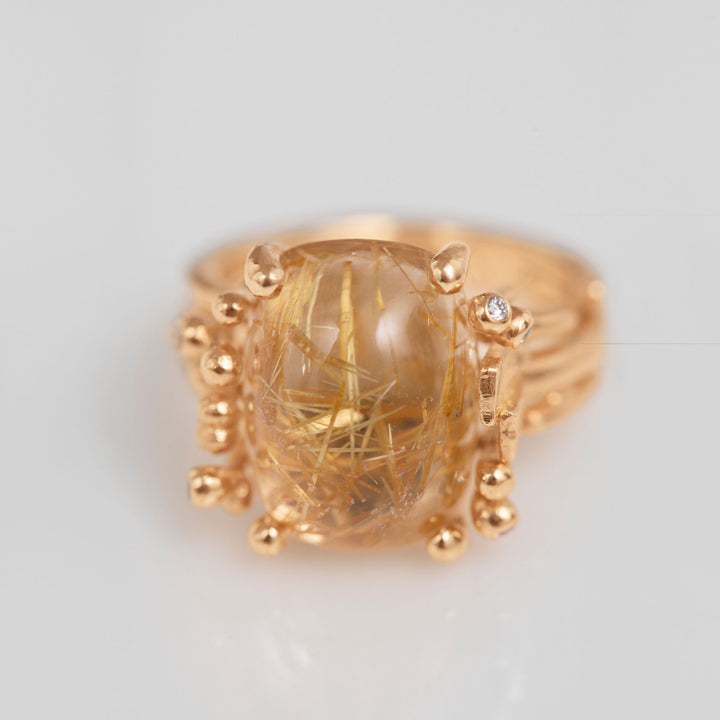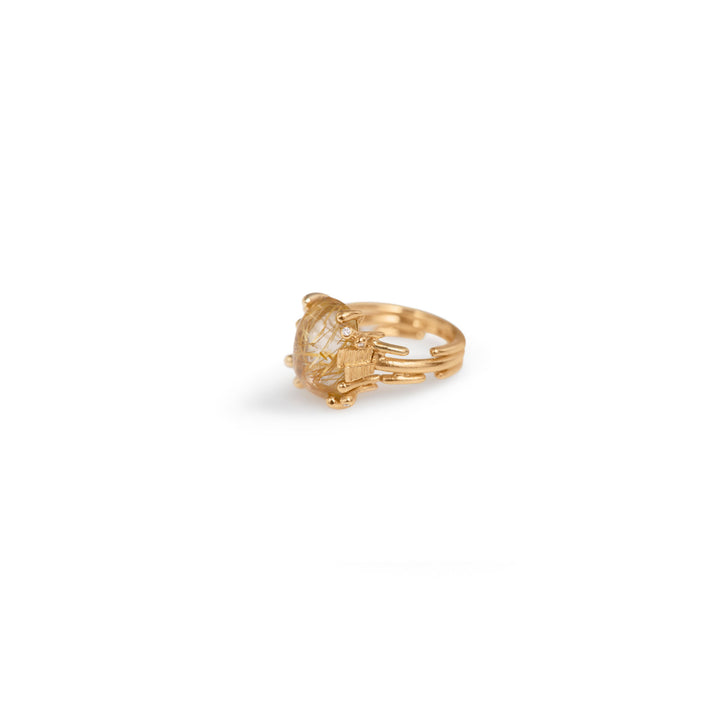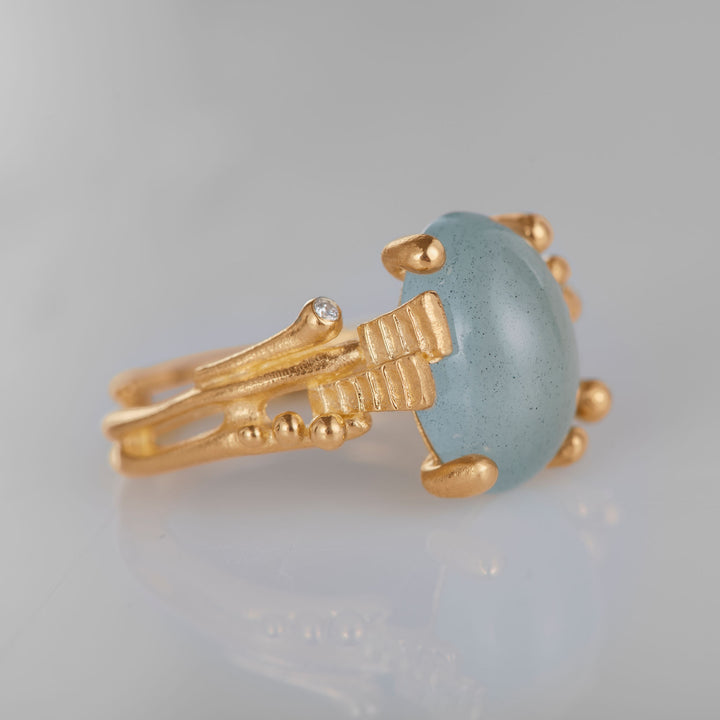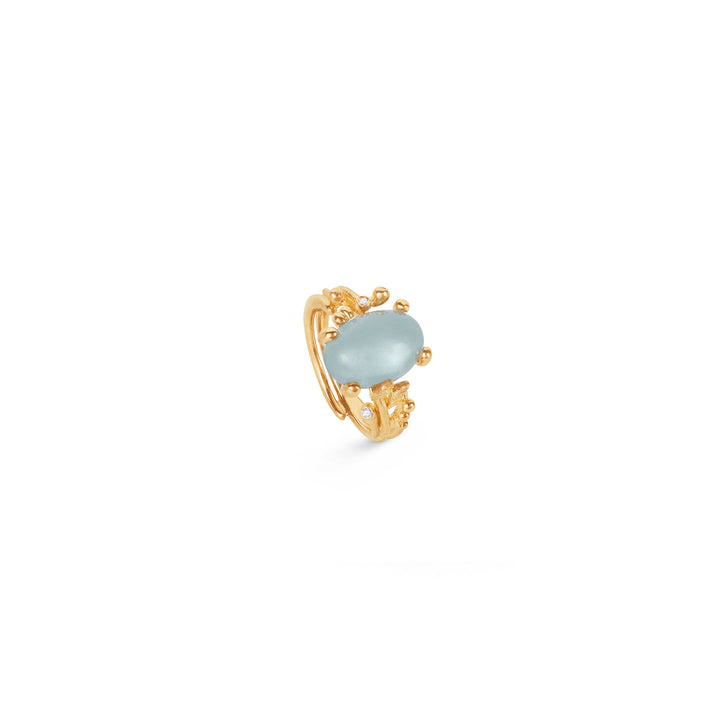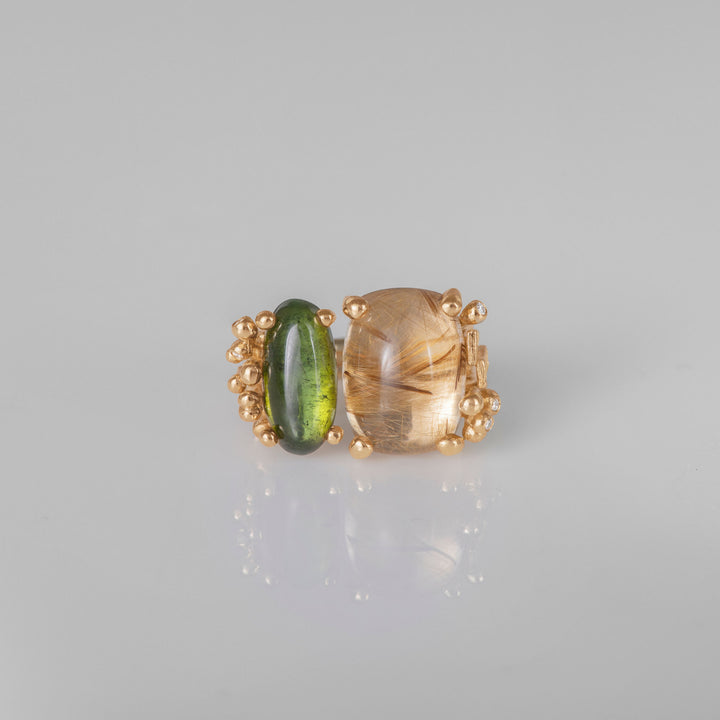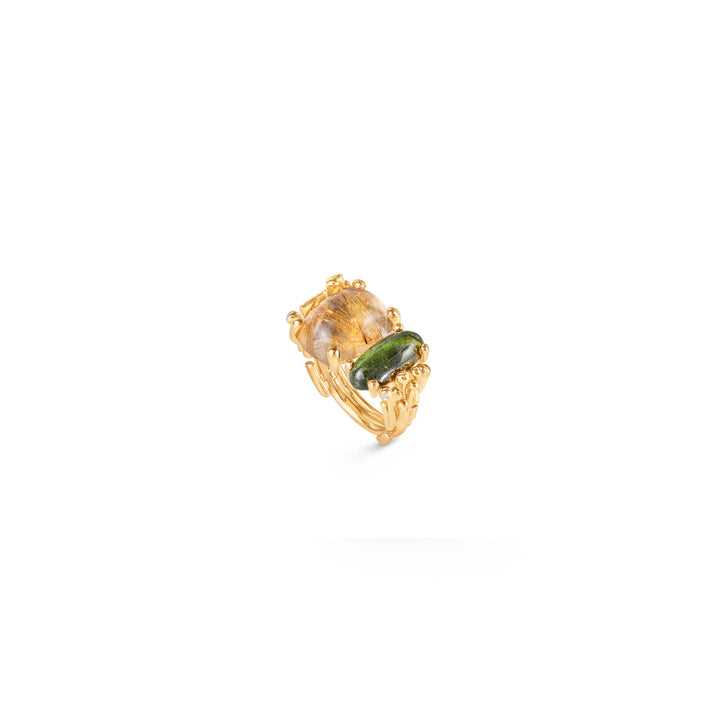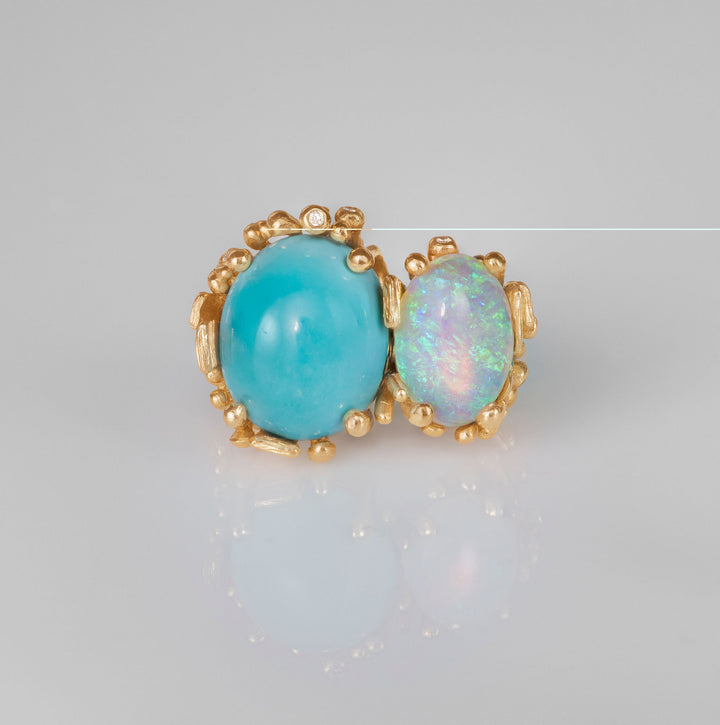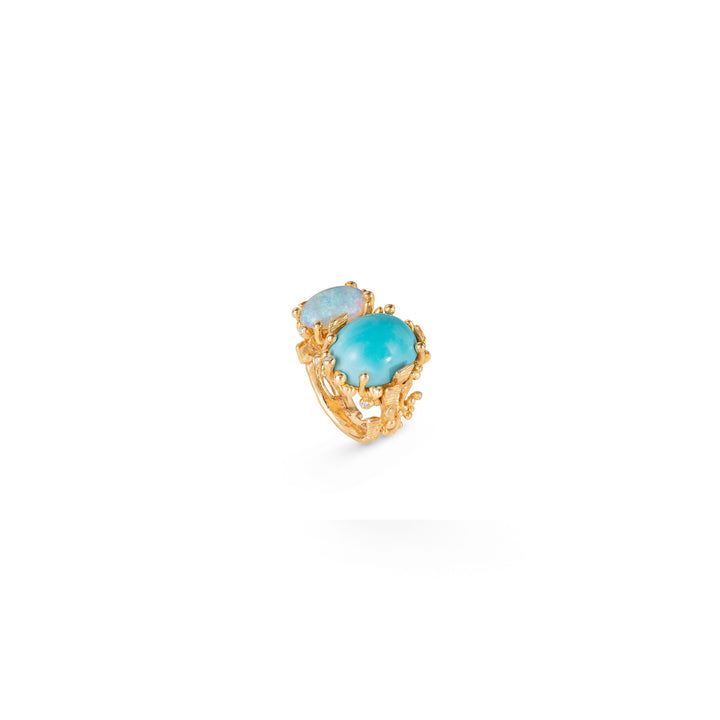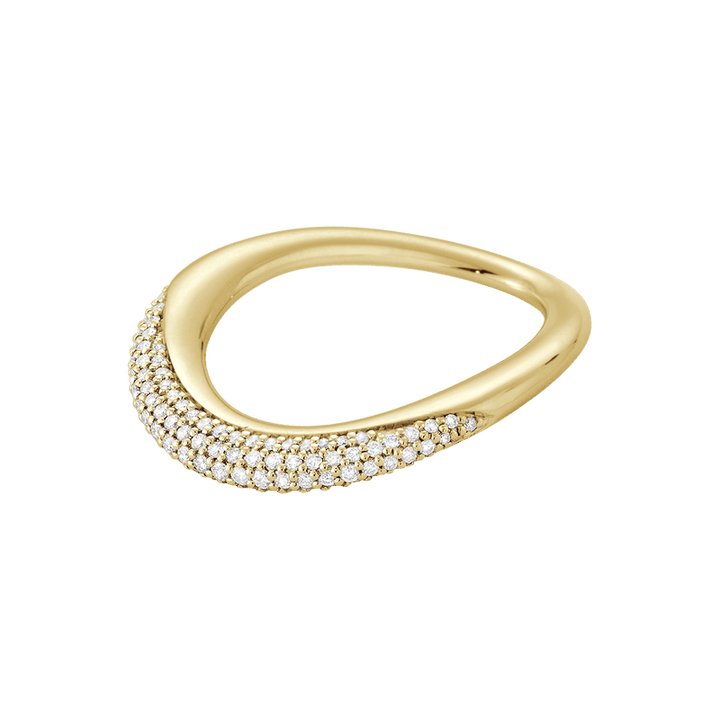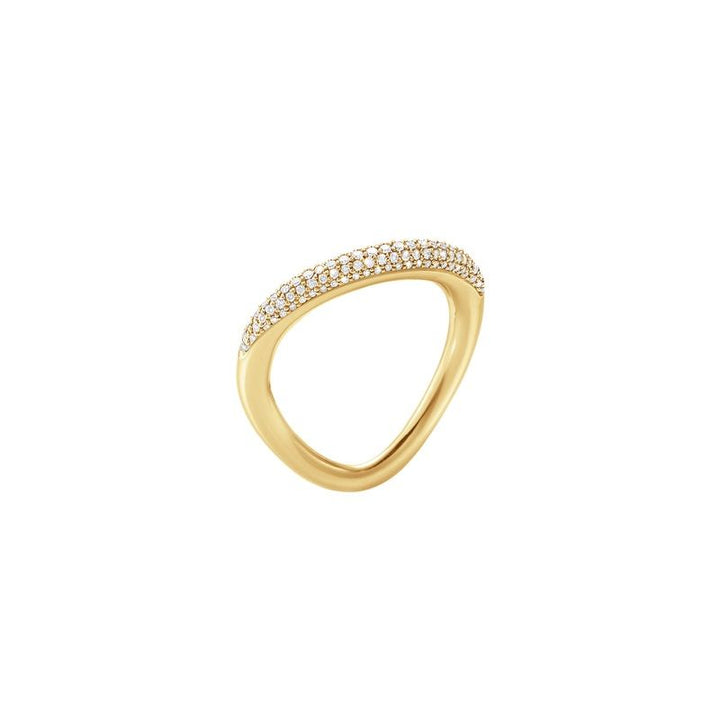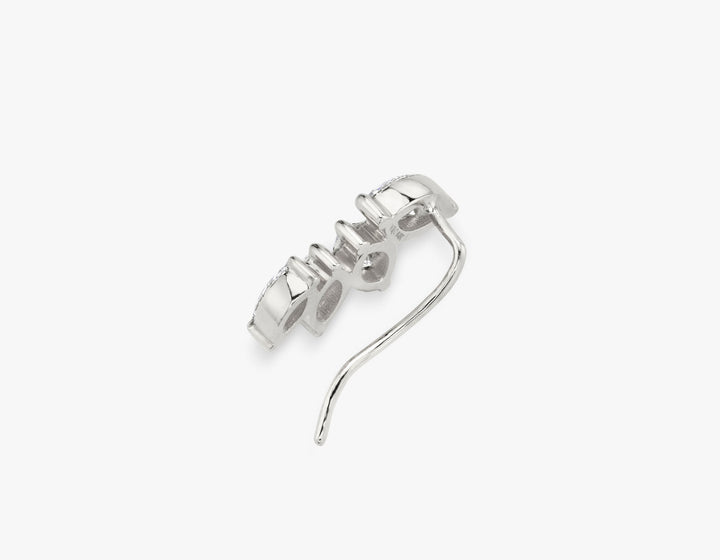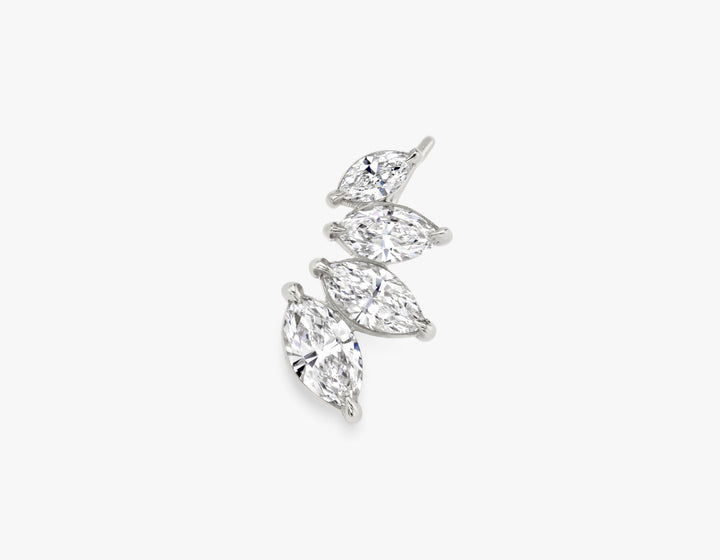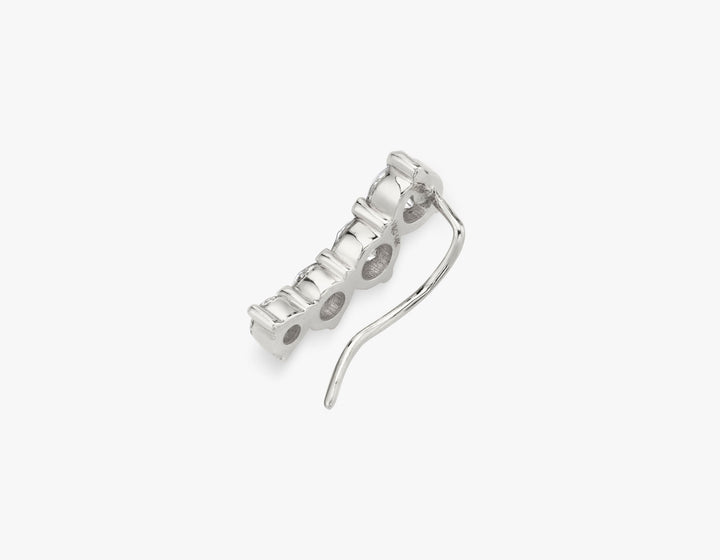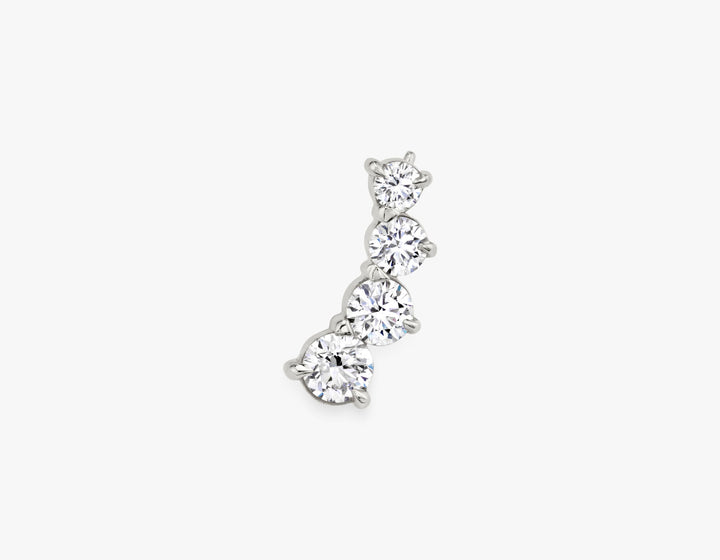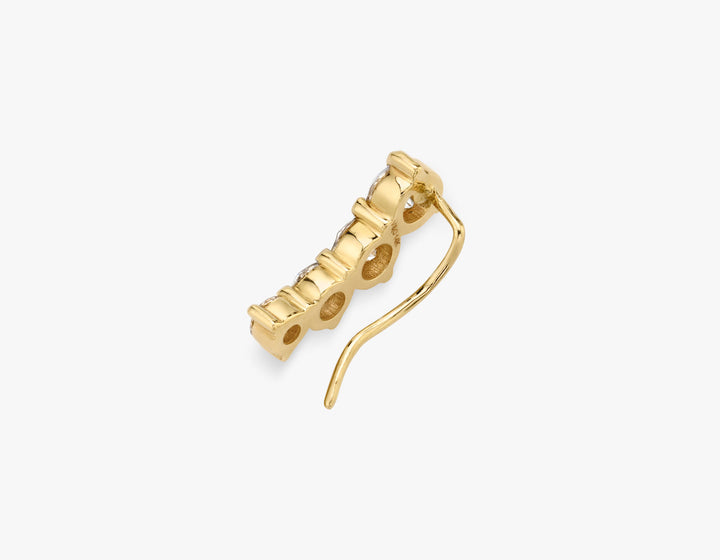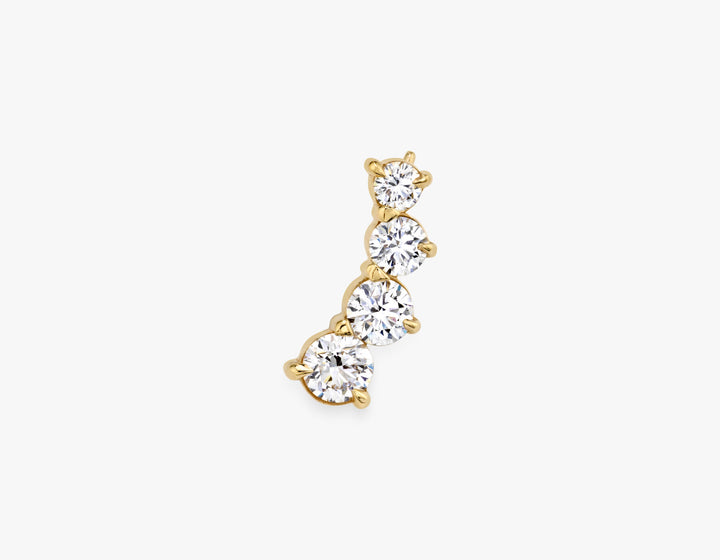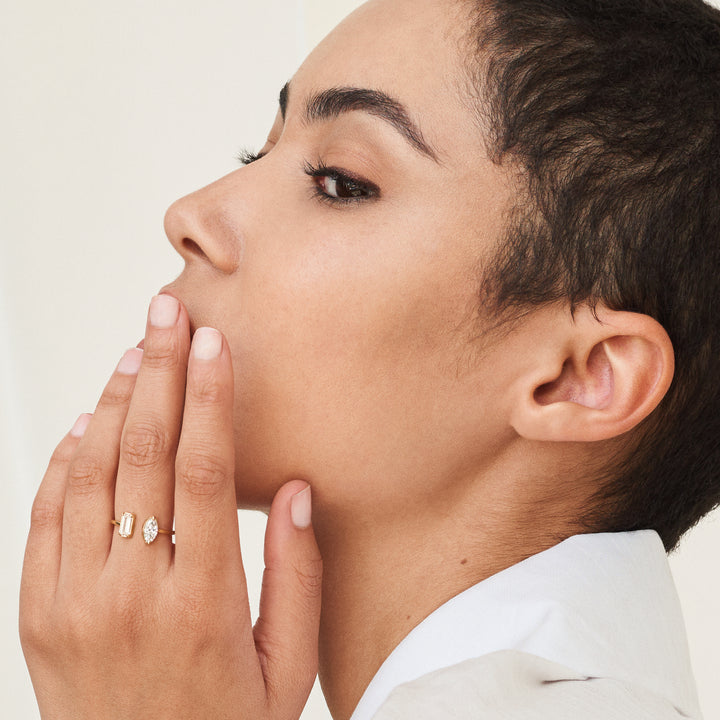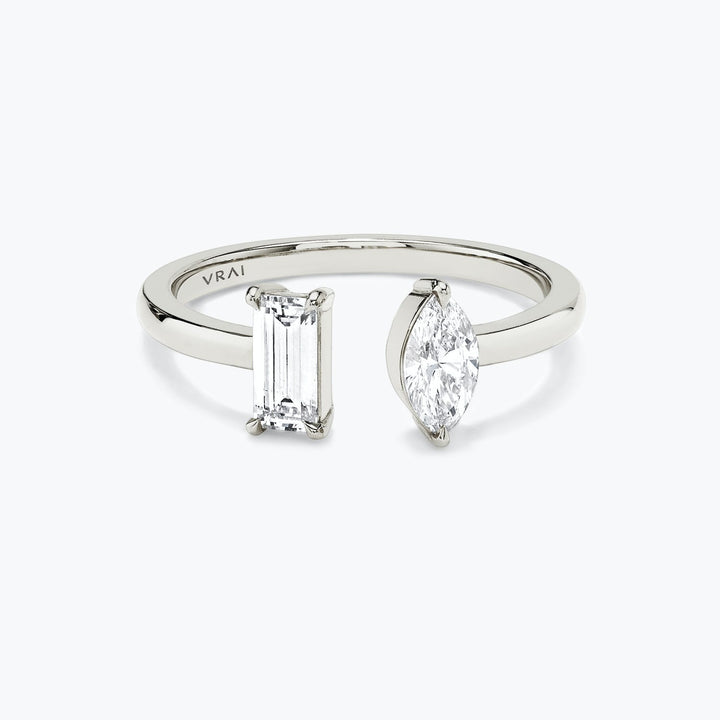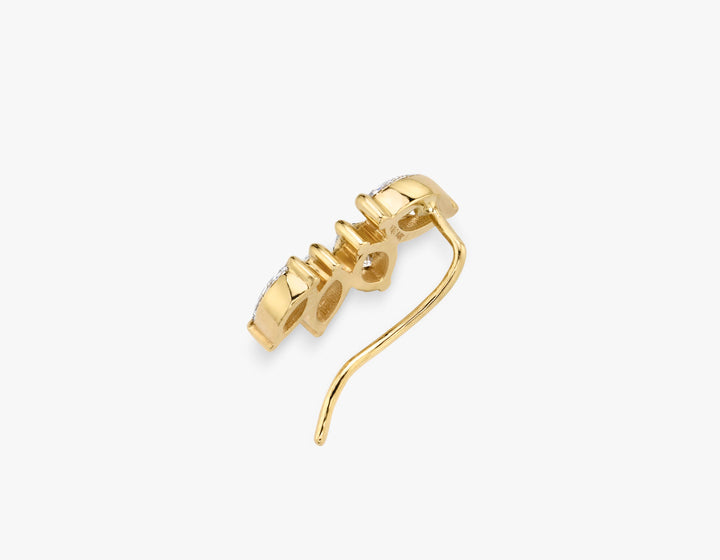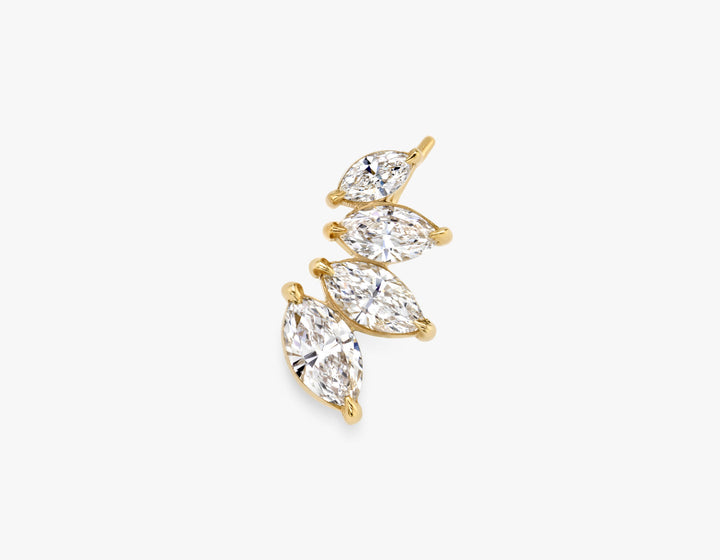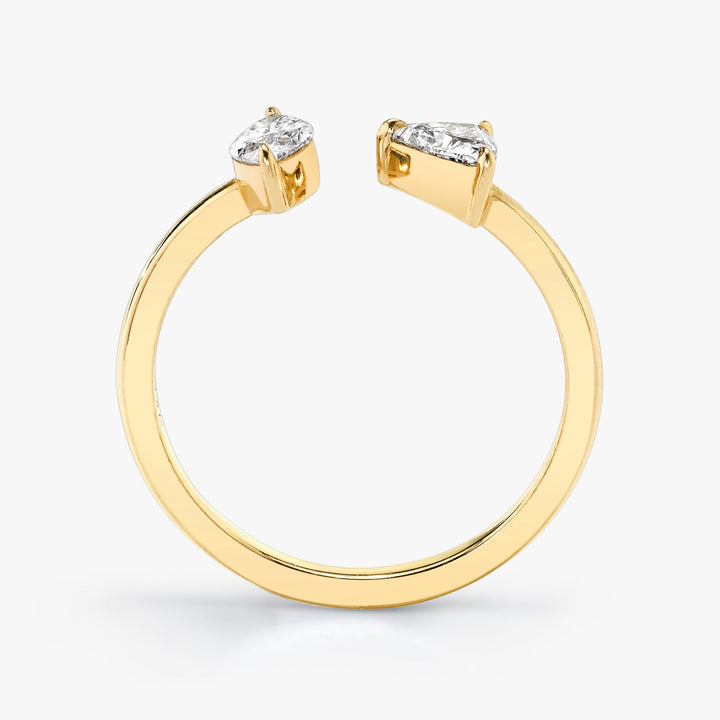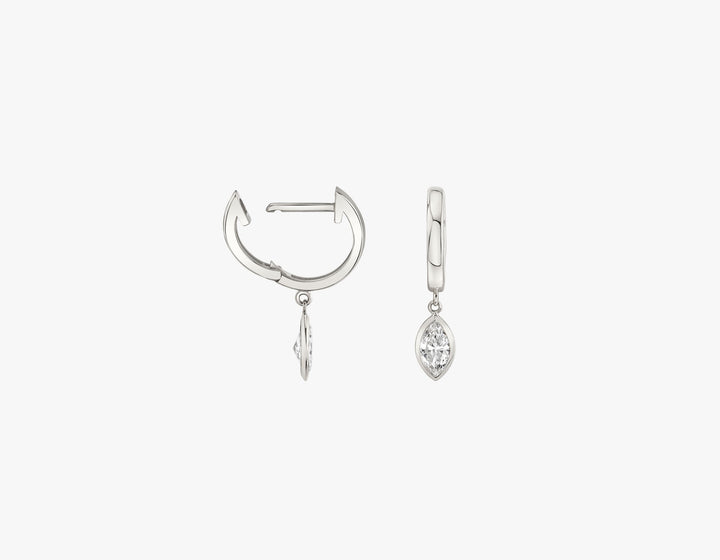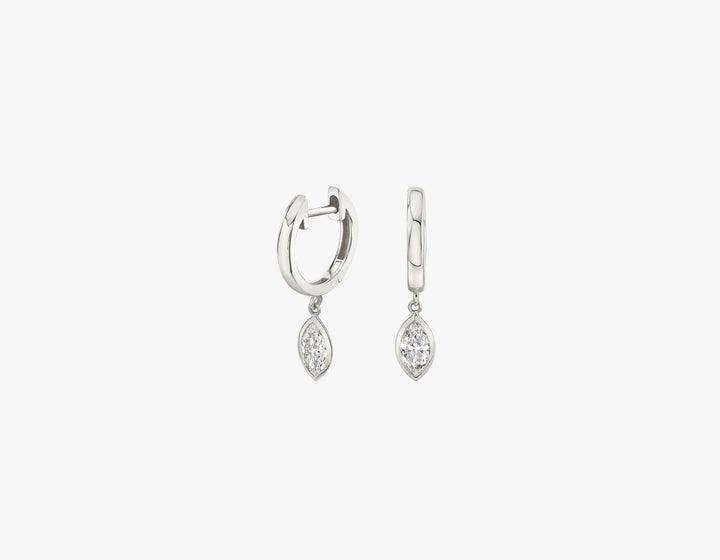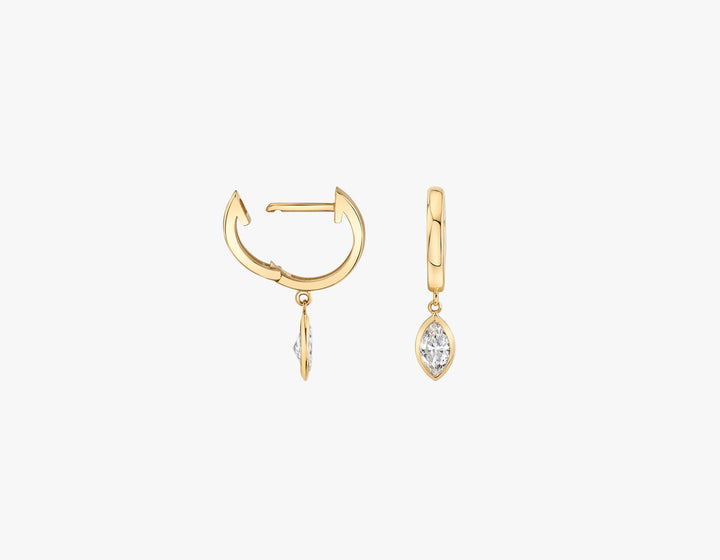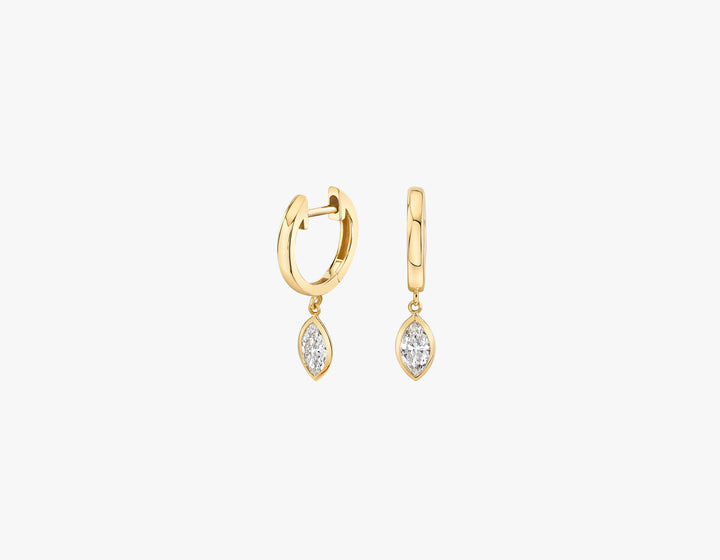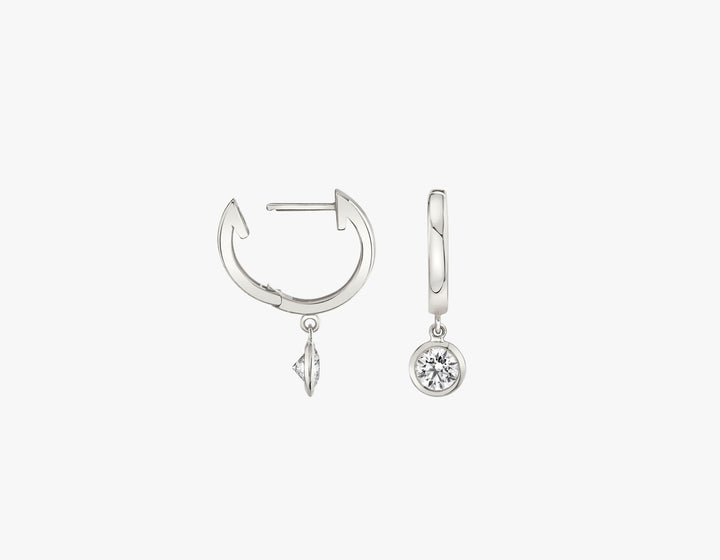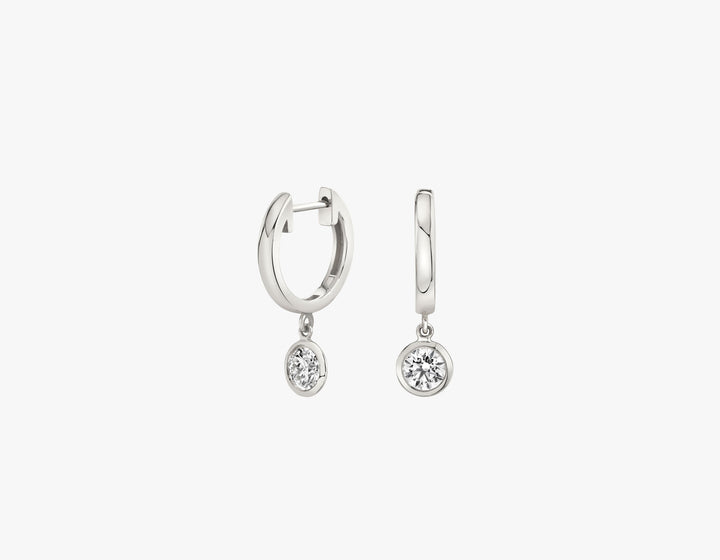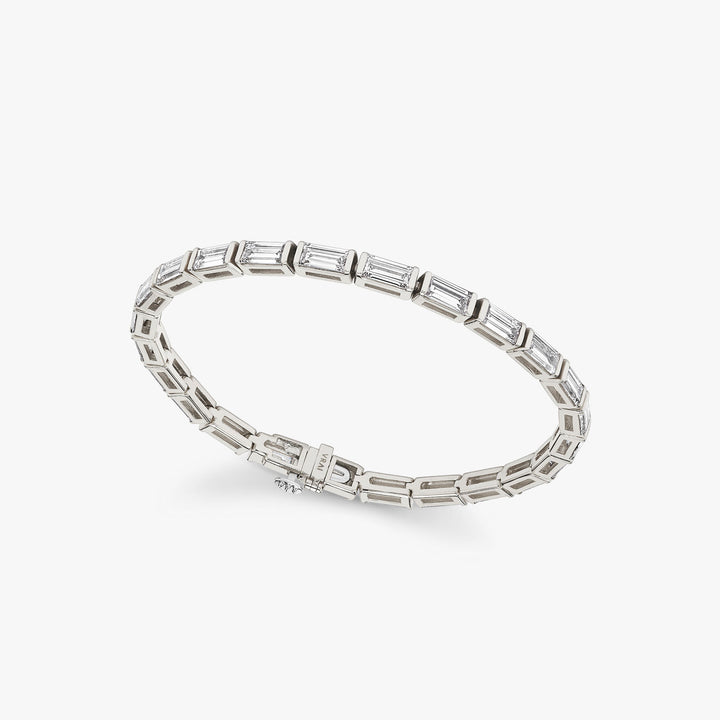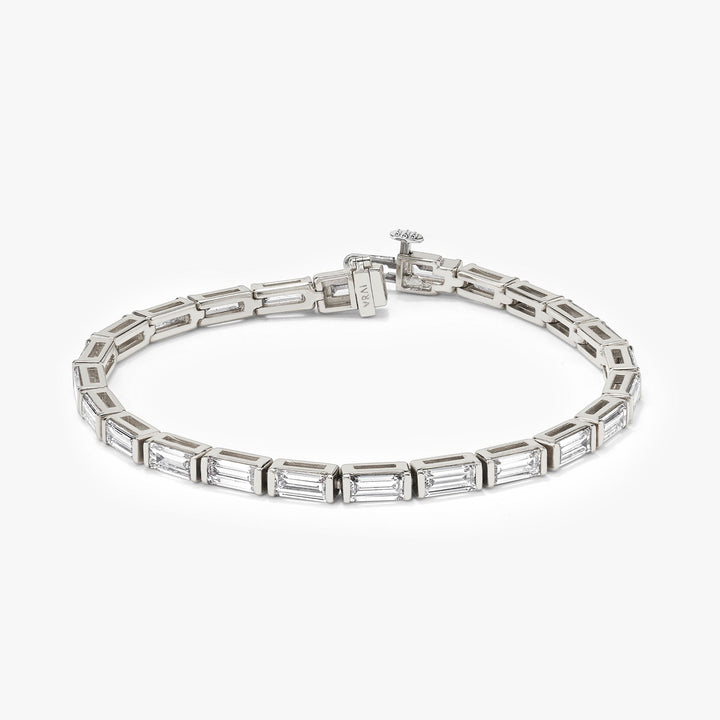"On every birthday, I ask my wife, ‘What would you like this year?’ and her instant reply is, ‘Diamonds! Diamonds! Diamonds!’ I’m always living in the hope that one day she’ll say she just wants me!” – Akshay Kumar, actor
Hope is a beautiful thing, Mr Kumar. Diamonds, too, are beautiful things and can be worn with joy and pride!
Diamond jewellery is perhaps the most sought after category of jewellery, and there is hardly anyone—woman or man—who has said “No” to diamonds. Jewellery set with diamonds sparkle with ”luxury, indulgence and class”. Whether you want diamond jewellery for yourself or someone else, it will always be special. What diamond jewellery do you want? Please take a look at our curated collection of fine diamond jewellery from gifted designers and the best brands in Europe and abroad. We have diamond jewellery to suit all tastes, styles and budgets.
• Learn more about genuine diamond jewellery
• Which diamond quality is best for diamond jewellery?
• The 4Cs in diamond jewellery and why they matter
• Are lab-grown diamonds real or cheaper diamond simulants?
Diamond jewellery we dream of
Diamond jewellery—we all dream of and aspire to own and wear jewellery with these precious gemstones. Why? What’s so special about them? Diamonds are formed over a billion years under extreme pressure deep within the earth, causing carbon atoms to come together in a unique crystalline structure. The hardest gemstone on the Mohs’ scale, a diamond cannot be scratched or spoiled easily; only a diamond can cut another diamond!
When cut and polished, diamonds sparkle with a breathtaking “fire”. Simply put, diamond jewellery is so sought after because diamonds are rare, precious and, without a doubt, passionately beautiful.
Diamond jewellery can be rings and earrings, necklaces and pendants, bangles and bracelets. There’s so much to choose from, so be a well-informed buyer.
Diamond rings
Diamond rings have remained the all-time favourite, especially for engagement rings and tokens of love. They are considered symbols of commitment, as enduring and everlasting as the diamonds themselves. They may be simple or ornate and set with a solitaire diamond or several glittering smaller diamonds.
Diamond necklaces
Diamond necklaces are treasured pieces of jewellery that are passed down as heirlooms. Diamond necklaces, again, can be simple or elaborate. A simple pendant on a chain is a charming accessory for any day. For special occasions, you could choose a more ornate necklace with diamonds in settings such as prong, channel, floating, or pave.
Diamond jewellery sets
Diamond jewellery sets are not only impressive but also an excellent investment. A complete diamond jewellery set is called a parure; decades ago, it included a diamond tiara and brooch besides a diamond necklace, matching diamond earrings, and a diamond bracelet. Today, demi-parure is popular with even two matching pieces making up a set with earrings and a necklace or a bracelet. You can always browse our selection of diamond jewellery to make up the set you want.
Diamond jewellery in gold
While silver earrings are also set with diamonds, gold in various hues is the preferred metal for these diamond jewellery. You can find the same design with diamonds set in white gold, rose gold, or yellow gold. White gold, rose gold, and black gold jewellery could be set with one or with many diamonds.
Yellow gold and diamonds
Diamond jewellery is mainly made in gold in purities ranging from 8 to 24 karats. The most popular gold variants for diamond jewellery are 14-karat, with 58.3% gold and 41.7% alloy, and 18-karat gold which contains 75% gold and 25% alloy. Diamonds set in the gleaming yellow metal are always a big draw with women everywhere because such jewellery is classic and long-lasting.
White gold and diamonds
White gold and diamond jewellery is a class apart and spells understated elegance. White gold was initially developed to imitate platinum but is today sought after for its own beauty. Most commonly, 75% pure gold is alloyed with 25% zinc and nickel to produce 18k white gold. White gold is an excellent option for diamond jewellery for those who find the yellow gleam of gold a bit too much.
Rose gold and diamonds
Rose gold diamond jewellery has been hot and trending for some years now. When 75% pure gold is alloyed with 25% copper, we get 18k rose gold. Because of the copper content, it is more durable than yellow and white gold. Rose gold has a warm blush tone and is captivating in combination with glittering diamonds.
Best quality diamond jewellery
Authentic diamond jewellery always comes with a certificate because both natural/mined and lab-grown diamonds used in jewellery are graded and certified. They may have conflict-free, environmentally sustainable and ethically produced diamonds or diamond jewellery certifications.
All diamond certification institutions have their own unique grading definitions. However, in general, diamond quality in jewellery is based on 4Cs: Colour, Clarity, Cut and Carat (weight).
Diamond jewellery certifications
Genuine diamond jewellery certifications may include diamond 4C grading, traceability, or sustainability. Some of the internationally recognised diamond quality certifying institutions are The Gemmological Institute of America (GIA), International Gemology Institute (IGI), Hoge Raad Voor Diamant (HRD), and more recently Sustainable Diamond Certification Standard (SCS).
What colour diamond should I get?
Natural diamonds come in a spectrum of colours ranging from red, blue, pink, brown, yellow and white. However, the term ‘diamond colour’ is not the same as ‘coloured diamonds’.
White diamonds
Most mined white diamonds fall between white and pale yellow or brown, known as the normal ‘colour range’.
White diamonds are graded for colour on a scale: D through F diamonds are considered colourless; G through L diamonds are "near colourless”, and diamonds classed M through Z have traces of colour.
Fancy coloured diamonds
Diamonds of more intense colour, usually yellow, but in some cases, red, pink, green or blue and black are called coloured diamonds or fancy colour diamonds. Red diamonds are the rarest and most expensive.
Champagne and Cognac diamonds
Jewellers call the pale yellow-hued white diamonds “champagne diamonds” and the light to dark brown-hued diamonds “cognac diamonds”.
These diamonds are usully not graded. They are less expensive but beautiful in designer jewellery settings.
Which is the best diamond cut to buy?
Diamonds come in various cuts; the most common and favoured for their refraction and reflection of light are round (brilliants). Diamonds also come in the square (princess or cushion), rectangle (emerald), pear, marquee, and baguette cuts, besides fancy shapes such as trillion and alphabet cuts.
Round brilliant
Round brilliant diamonds are considered the best when you want your diamond to be fiery, shining, and sparkling.
They are cut with 58 facets and a cone shape to maximise the reflection of light and, therefore, their shine.
Pear cut diamond
Pear-cut diamonds are popular and trending right now. They combine the round and marquise cuts and are also called teardrop or pendeloque-cut diamonds. Their signature silhouette is rounded on one end and pointed on the other.
Trillion cuts
Trillions are triangle-shaped diamonds with three equal sides and 31 or 50 facets. They are not a standard cut and are used chiefly as accents diamonds.
Vintage cuts
Vintage-cut diamonds are hand-cut and exhibit less fire than modern diamond cuts but are in great demand today for their delicate look and romantic glow. Vintage cuts include the Old European and the Old Mine cuts, similar to the modern round brilliant cut.
The rose cut is the original and oldest diamond cut; it has a more flat profile than modern-cut diamonds and has a gentle, rose petal-shaped curve. Celebrities such as Jennifer Aniston wear rose-cut diamond engagement rings.
What is diamond clarity?
Diamond clarity refers to the absence of inclusions within and blemishes on the surface of the diamond. The fewer the inclusions and flaws, the greater the clarity of the diamond and, therefore, its price.
Diamonds are categorised for clarity as follows:
• F: Flawless
• IF: Internally Flawless
• VVS1, VVS2: Very, Very Slightly Included
• VS1, VS2: Very Slightly Included
• S1, S2: Slightly Included
• I1, I2, I3: Included
A word about ethical and sustainable diamond jewellery
With growing concern for the environment and awareness about how diamonds are mined and procured, jewellers and customers are conscious of the gems they choose for their diamond jewellery.
Ethical/ethically sourced diamonds are the real deal; they are conflict-free diamonds that prioritise safe mining practices and miner safety and welfare.
Sustainable diamonds are genuine diamonds that are either recycled/reused diamonds or lab-grown diamonds to prevent waste and damage to the earth’s resources. Lab-grown diamonds are real diamonds and come with grading certificates. They are not diamond simulants.
Browse our collection of diamond jewellery to find some of the finest ethically sourced and sustainable diamond jewellery in breathtaking designs.

